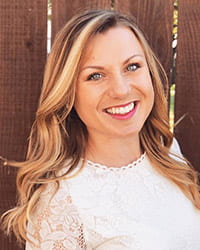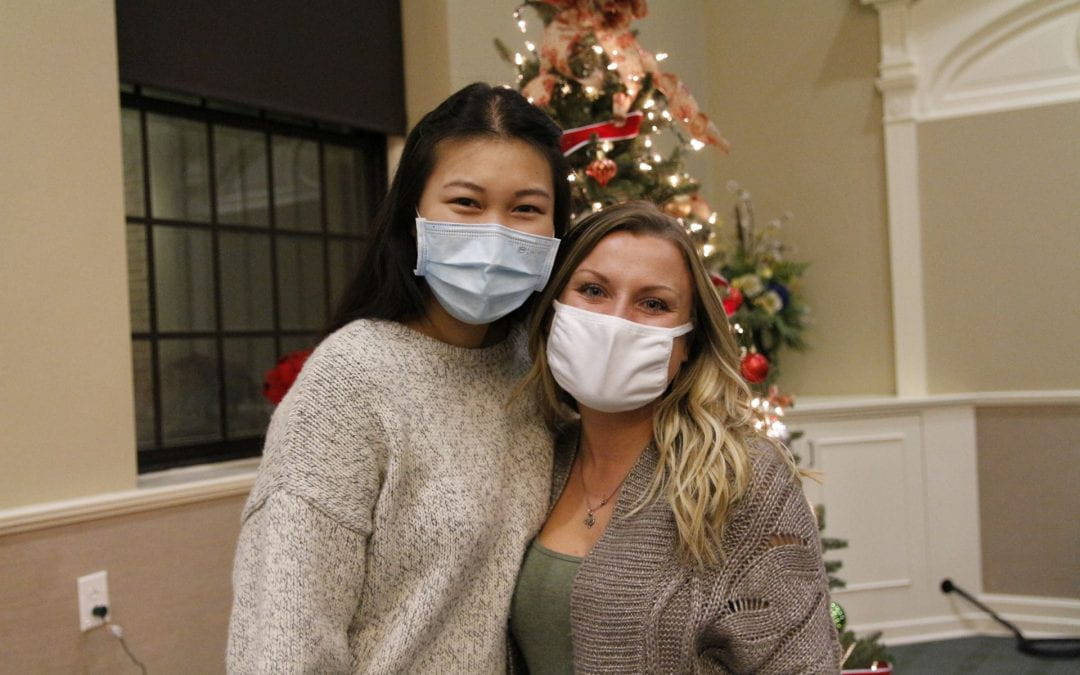As someone who is training for the field of higher education, perhaps the biggest challenge that the pandemic brought me was learning how to be a student in higher education while also being an employee of it. In August 2019, I started the two-year master’s program of Higher Education and Student Affairs (HESA) here at Baylor University. Although I had just graduated from this institution with my B.B.A months prior, I was facing numerous life adjustments that any graduate student does: attempting to build a community within my program, learning how to manage hundreds of pages of readings for each class (alongside larger projects), settling into the culture of my on-campus apprenticeship, and attempting to create time for myself emotionally, physically, and spiritually to avoid burnout. By the time I reached the beginning of my second semester, I felt as if I was finally learning the balance that my new graduate school life could have. Little did I know that I would need to learn entirely new routines to take care of my school, work, and personal lives.
Something that quickly became apparent to me was that I became a student whose academic and social experiences were altered by the pandemic, and I was still expected to support my own students whose experiences were just as (if not more) affected than my own. As the Graduate Assistant Program Director of the Honors Residential College (HRC), some of my main duties (prior to the pandemic) were building relationships with students who lived in the residential college, assisting the Hall Leadership Team in programming events for the entire community, and various other administrative tasks that usually took place on campus.
When students did not return back to campus after Spring Break, my work in the HRC became reactionary. I quickly got creative with virtual programming, sent out my personal Zoom link to meet with student leaders, planned (and replan 10 or more times over) for what the upcoming fall semester would look like if we were to return to campus, and ran the community’s social media more than ever before to keep students connected. Amidst adjusting to all of these changes to care for and engage with students, I was also trying to find ways to stay supported myself. As a graduate student and graduate student employee, this can be more difficult to find; it is not always created for us, nor do we humble ourselves to seek it out when it is.
The apprenticeship part seems like a big enough change as it is, but that was only 20 hours of my week. School was an entirely different story. The HESA program at Baylor values the cohort model, in-person engagement, and forming relationships. In essence, the design of the program itself is made for in-person learning. Once each class moved online, due dates were changed, assignments were altered, and my colleagues (who quickly became dear friends) were spread across the country with family/friends. It was as I was reorganizing my life-saving planner that I realized that I was carrying a lot of weight: I wanted to continue to create a space for my students, and I needed a space for myself during this time, too.
So, after the initial shock and scatteredness that comes with your life changing within a two-week period, I had to take action to cope. Here is how I did it: I started to live intentionally. On Canva, I downloaded a month-at-a-glance planning sheet, where under each day, I listed general tasks that I needed to complete each day for my holistic wellness. This included reminders to work out, to take a walk nearly every day, to enjoy time away from the computer with my roommate (who I honestly think helped me get through the lockdown), to cook a nice meal, to practice spiritual disciplines, and to even call extended family members. As a Type A personality who quickly falls into task-mode and workaholism, it was through the small acts of everyday intentionality that I learned to take breaks, to enjoy each moment, and to be a better student and employee by reducing stress/potential burnout.
 As I write this in the spring of 2021, I look back on how I learned to cope (which ultimately taught me more about life than my former fast-paced American lifestyle did) with such fondness. As of now, the HRC’s amazing students have filled the halls once again, and one of my classes is in-person with my HESA friends. I would not trade these opportunities to be with others (safely and socially distanced) for the world, as I appreciate them now more than ever. Additionally, I realize the situation I have been placed in has given me tremendous privilege to cope the way that I did.
As I write this in the spring of 2021, I look back on how I learned to cope (which ultimately taught me more about life than my former fast-paced American lifestyle did) with such fondness. As of now, the HRC’s amazing students have filled the halls once again, and one of my classes is in-person with my HESA friends. I would not trade these opportunities to be with others (safely and socially distanced) for the world, as I appreciate them now more than ever. Additionally, I realize the situation I have been placed in has given me tremendous privilege to cope the way that I did.
Nonetheless, I continue to implement many of the wellness practices that I did before so that I can be in a healthy place for others, and perhaps most importantly, for myself.
Alyssa Muegge received her B.B.A. in Human Resources Management with a Religion minor from Baylor University in 2019. During her time as an undergraduate student, Alyssa developed a passion for campus life and student development. She is currently pursuing a MSEd in Higher Education and Student Affairs and serves as the Graduate Apprentice to the Honors Residential College.
